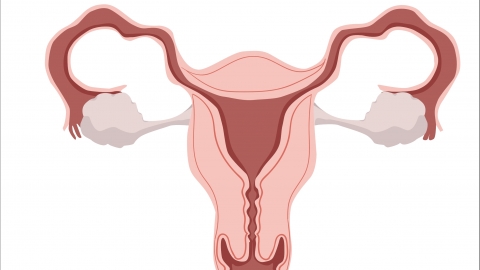What are the symptoms of uterine blockage?
Generally, uterine obstruction refers to an abnormal condition in which the uterine passages are blocked. Its symptoms mainly include menstrual abnormalities, dysmenorrhea, infertility, poor menstrual blood discharge, and lower abdominal distension. Detailed analysis is as follows:

1. Menstrual abnormalities: Uterine obstruction can affect the normal discharge of menstrual blood, resulting in reduced menstrual flow. The total blood loss during each menstrual period is significantly less than normal. Some patients may experience prolonged menstrual cycles or even amenorrhea, with the menstrual cycle losing its usual regularity.
2. Dysmenorrhea: Due to the obstruction of menstrual blood discharge, blood accumulates within the uterus, causing enhanced uterine contractions and resulting in dysmenorrhea. The pain is usually spasmodic and located in the lower abdomen. It begins at the onset of menstruation, intensifies as the blockage worsens, and lasts longer.
3. Infertility: The uterus is where the fetus develops. Uterine blockage can hinder sperm entry and embryo implantation, significantly increasing the difficulty of conception. Even if fertilization occurs, normal fetal development within the uterus may be impaired, leading to infertility.
4. Poor menstrual blood discharge: During menstruation, the discharge of menstrual blood becomes difficult. The menstrual blood may darken in color, appearing dark red or brown, and may contain more clots. This occurs because the blood remains in the uterus for an extended period, causing coagulation.
5. Lower abdominal distension: Patients often feel a sensation of pressure or fullness in the lower abdomen, which is particularly noticeable during menstruation. The feeling of distension worsens with standing or physical activity and may ease slightly after lying down to rest. In severe cases, it can affect daily work and life.
If the above symptoms occur in daily life, keeping a menstrual cycle record and observing symptom changes may help. At the same time, maintaining healthy lifestyle habits and avoiding excessive fatigue can help alleviate discomfort.




